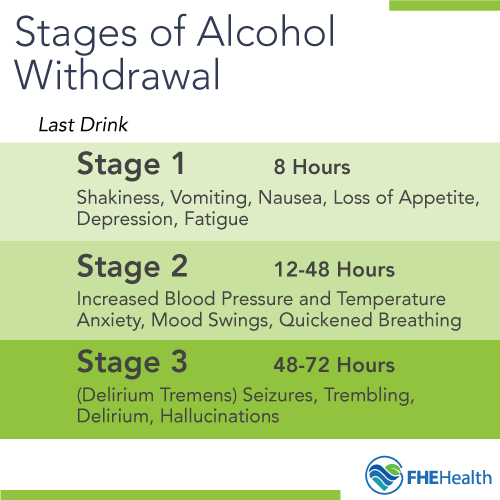Alcohol use disorder ranks among the most common forms of substance abuse in the United States. While excessive drinking can lead to physiological, interpersonal and lifestyle problems, professional treatment can help individuals change their habits, break the cycle of addiction, and reclaim their lives.
What Is Alcohol Use Disorder?
Alcohol use disorder is a serious medical condition in which the individual is unable to control their alcohol consumption. According to the National Institute on Alcohol Abuse and Alcoholism, almost 29 million people nationwide live with this disease, making it among the most prevalent mental health issues.
While those who drink casually or only in social situations can adjust their intake, especially when they experience undesired effects from drinking, those living with alcohol use disorder often find it challenging to control their alcohol intake despite negative consequences.

The Signs and Symptoms of Alcohol Use Disorder
Alcohol use disorder is associated with a variety of signs and symptoms. These may include:
- Neglecting work, school, home and family responsibilities
- Using alcohol to reduce stress, calm nerves or fight depression
- Drinking alcohol to gain courage when engaging in risky behaviors
- Spending less time with friends and family, and opting to drink instead
- Experiencing painful withdrawal symptoms if they stop drinking
- Developing a high tolerance for alcohol
The Short-Term and Long-Term Dangers of Alcohol Use Disorder
Excessive alcohol use can lead to a variety of undesirable short-term effects, including:
- Inability to communicate; slurred speech
- Vomiting and diarrhea
- Drowsiness
- Stomach pain
- Trouble breathing
- Decreased perception and ability to walk
- Headaches
- Impaired judgment
- Unconsciousness or blacking out
- Anemia
- Coma
Over time, excessive alcohol use can cause significant damage and more serious side effects, including:
- Increased aggression and violence
- Alcohol poisoning
- On-the-job injuries
- Nerve damage
- Liver damage
- Inability to perform sexually
- Malnutrition
- High blood pressure
- Ulcers
- Vitamin deficiencies
- Brain damage
- Cancer
Overview of Treatment Options

Detoxification
Treatment for alcohol use disorder begins with detoxification, a process that flushes alcohol out of the individual’s system. Licensed health care specialists provide around-the-clock monitoring and support, including administering medications to promote a safe and comfortable detox.
The first few days of withdrawal are critical. During this high-risk period, medical supervision is crucial in the management of serious and potentially life-threatening symptoms.
Residential Treatment
After the initial stages of detox therapy, clients may enter residential treatment. Depending on the individual’s needs, this rehabilitation program lasts anywhere from a few weeks to several months. During this treatment phase, clients live in our rehabilitation facility, which provides consistent support and ongoing treatment.
Our residential program features several therapy modalities, counseling services and self-paced work to help clients learn healthy coping skills and build new habits. It provides a stable foundation for rebuilding after addiction by removing everyday stresses and negative influences that could trigger relapse. A treatment facility ensures a supportive space for patients to improve their health and work on healthy habit formation.
Outpatient Treatment
Outpatient treatment offers flexibility for clients, letting them remain in their home environment while receiving intensive treatment. During this time, individuals live at home and attend work or school while attending therapy sessions and completing homework.
Depending on their needs and goals, some individuals enter into outpatient treatment following detox from alcohol, while others transition to this program after residential treatment. Our outpatient alcohol addiction treatment plans are customized to help patients based on their individual needs.
Recovery from alcohol use disorder is a lifelong journey, and rehab is only the first step. After leaving inpatient or outpatient care, it’s important to establish a maintenance plan that prevents the risk of relapse. Support groups and 12-step programs are effective for reinforcing the lessons learned in rehab by providing a peer group with others in a similar situation.
Recovering After Alcohol Use Disorder
Understanding that you or your loved one needs alcohol addiction treatment is the first step in moving forward. At FHE Health, we work closely with you to ensure you have every opportunity possible to achieve these goals. We believe in creating a compassionate and judgment-free environment for wellness and sober living. As our clients progress through our alcohol treatment program in Florida, we provide the tools and informational resources they need to overcome addiction.
Contact us today to learn more about our alcohol use disorder treatment plan.










